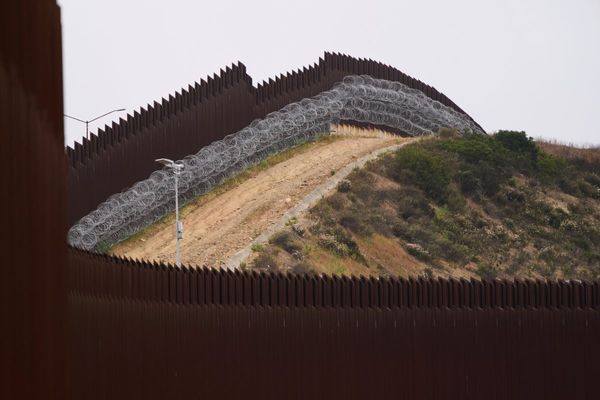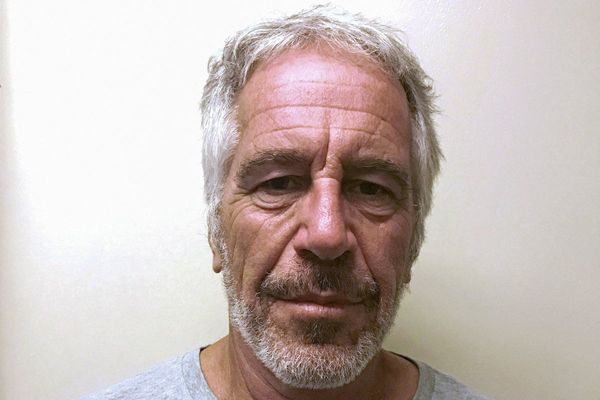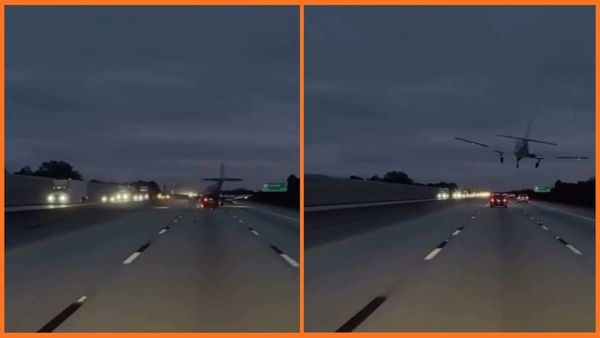
A Fijian British army veteran who suffered from deafness after serving in Afghanistan has been allowed to return to the UK, in a case that gives hope to hundreds of other Commonwealth former soldiers living abroad.
Ioane Koroiveibau, 36, gave up on Britain in 2015 when his immigration paperwork was lost after his discharge on medical grounds, his hearing loss caused by repeated exposure to gunfire on a dangerous tour in Helmand.
But the veteran tried again after being encouraged by a campaign group and was granted the right to settle in the UK, even though his application was made well after the normal deadline, two years after a soldier has been discharged.
“It’s a very big break for me,” Koroiveibau said. “I had reached ground zero back in Fiji, so there is no way but up. Now I hope the other boys here will get the same opportunity back in the UK.”

The British army actively recruits from Fiji and other Commonwealth members, with personnel from the Pacific country numbering about 1,300. Those who serve four years or are medically discharged have the right to settle in the UK.
However, hundreds of veterans from Fiji and elsewhere, many of whom served in Iraq or Afghanistan, were poorly advised or their documents mishandled. As a result they were unable to resolve their immigration status. Many simply gave up and left the UK, like Koroiveibau.
“I felt betrayed to be honest and there was nobody there to help me or direct me to the right people. After giving everything to the government and to the military, I felt they could have helped with paperwork,” he said.
Koroiveibau enlisted in 2007, winning his place after a competition, and became an infantryman in the 1st Battalion Scots Guards, the former regiment of the defence secretary, Ben Wallace.

Koroiveibau spent seven months in Afghanistan in 2010 – “it was one of the most difficult tours, it was said we fired the most rounds that time,” he said – where he damaged the hearing in his right ear after numerous firefights.
“We couldn’t use ear defenders – we had to have a radio in our left ear, so the right ear was unprotected. Eventually I began to suffer from the noise, I had ringing in my ears, I had headaches, really sharp pains in the back of my head,”he said.
Worsening hearing meant he was medically discharged in 2012, but Koroiveibau believed the army would help him to settle in the UK. Progress was slow, however, so he visited an army base at Catterick to discover “my caseworker had passed away, and my file was not in any system”.
Defeated, Koroiveibau returned to Fiji, and found that his father was seriously ill, and he died soon afterwards. The former soldier said his mental health then deteriorated as well as his hearing, and he has since been diagnosed with PTSD, although there is no specialist treatment for combat trauma available in the country.
Ministers have relaxed some the policies regarding Commonwealth veterans immigration status after several years of campaigning, and in February agreed to waive the normal £2,389 application fee. But older cases were not thought able to reapply, such as the estimated 500 former personnel who had returned to Fiji from the UK.
However, a little-known exemption in Home Office policy allows veterans to settle in the UK “outside the immigration rules” if they served in a conflict zone or on humanitarian duties within 10 years. It can also apply if the only reason for refusal is that the applicant applied out of time.
Koroiveibau’s is one of six test cases put together by Commonwealth Neglected Veterans, a charity run by Esita Tuimanu, a campaigner who has been helped by Dan Jarvis, a Labour MP and former paratrooper. “We hope this is a breakthrough,” she said.
Koroiveibau is due to fly to the UK with the help of the Royal British Legion shortly and he plans to live in Dorset, with a friend, a sergeant in the Scots Guards. A job is being lined up for him as a security guard, Tuimanu added.
Being in Britain means Koroiveibau can freely access the medical treatment he needs – but he is unable to bring his wife and three children to the country because the immigration decision does not apply to them.
Jarvis said it was “only right” that British army veterans could now come back and make the UK their home. But he called for the immigration changes and fee waiver – necessary because so veterans often have little savings and income – to be applied to family members as well.
The Home Office said the service of all members of the armed forces, including Commonwealth nationals, was “highly valued”. A spokesperson added: “All applications are carefully considered on their individual merits in accordance with the immigration rules.”







